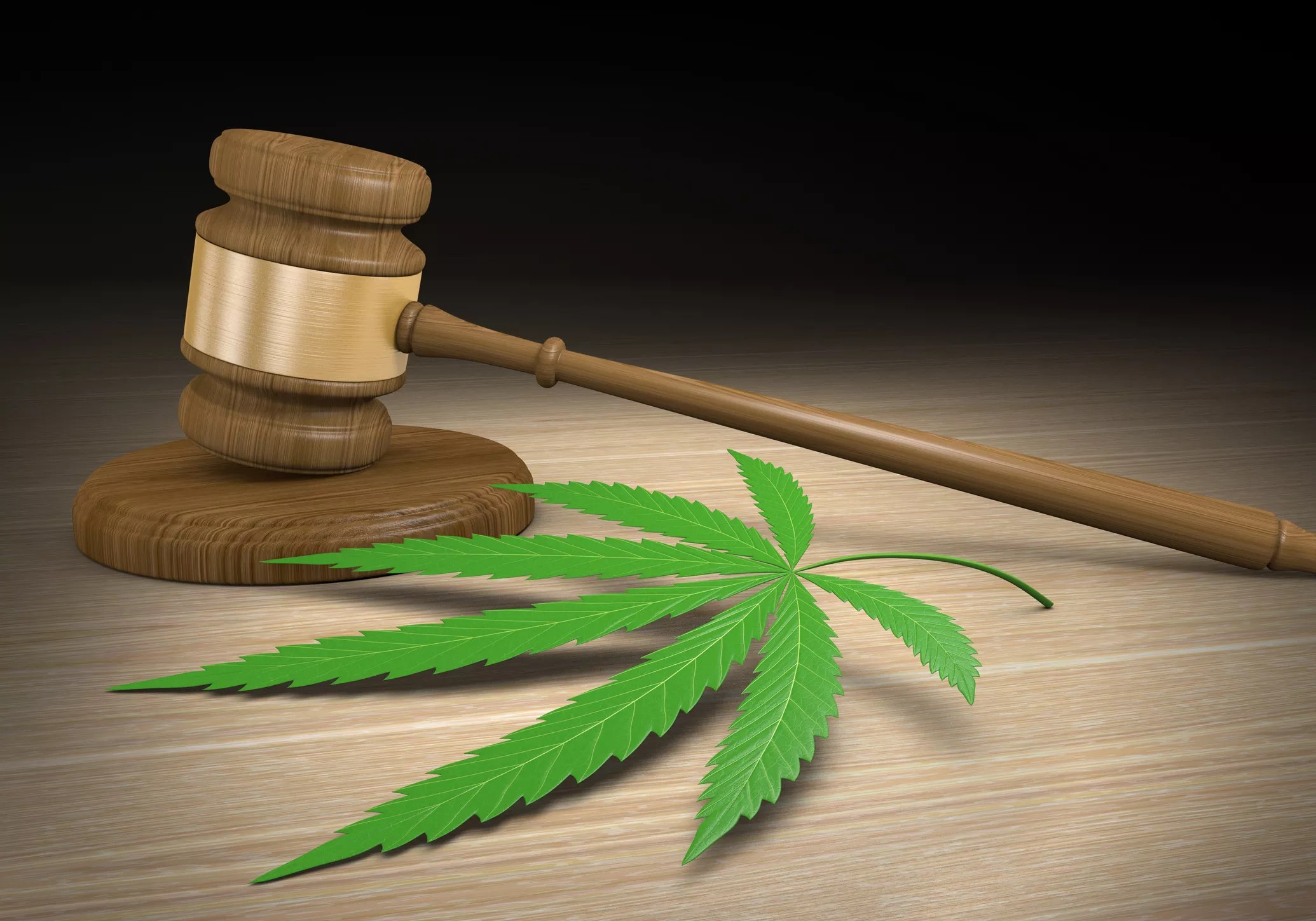
Kagenmi / iStock

Audio By Carbonatix
Texas still hasn’t given up on trying to ban smokable hemp. The state of the smokable products have been in limbo ever since last August. The fight to keep these products legal in the state has gone all the way to the Texas Supreme Court.
After district courts decided the ban was illegal, the state’s Department of State Health Services filed a notice of appeal to the ruling in the Texas Supreme Court on Dec. 1. This notice of appeal supersedes the final ruling, meaning the smokable hemp ban in Texas is back in effect until the Supreme Court rules otherwise.
The notice of appeal reads, “Consequently, the trial court, must permit the judgment to be superseded. Therefore the final judgement is superseded by operation of law.”
DSHS didn’t respond to the Observer‘s multiple requests for comment.
On the federal level, hemp with less than 0.3% delta-9 THC was legalized by the 2018 U.S. Farm Bill. The following year, Texas passed House Bill 1325, which legalized the cultivation, possession and sale of industrial hemp with less than 0.3% delta-9 THC.
The new law tasked the Texas Department of State Health Services (DSHS) with laying out the rules for the state’s Consumable Hemp Program.
Last August, DSHS created a rule outlawing the manufacturing, processing, distribution and retail sale of the smokable products. It only took days for several hemp companies to band together and file a lawsuit claiming the ban was unlawful. In the meantime, some retailers kept selling smokable hemp products, but to skirt the rule, they didn’t advertise the products as “smokable.”
“We have multimillion dollar manufacturers here that will be forced to move out of state.” – Chelsie Spencer, attorney
District courts issued injunctions on the ban after companies demonstrated the harm it would do to their businesses. Then, last month, a court handed down a final judgement for a permanent injunction on the ban. DSHS sent a notice of appeal to that final ruling to the Texas Supreme Court at the beginning of this month.
For retailers, selling and distributing the smokable products is illegal. However, some may just revert back to advertising the products as “consumable,” instead of “smokable,” in order to keep selling them, according to Jesse Williams, a local cannabis advocate. Williams is also the managing editor and deputy director of of a Fort Worth-based online publication called the Texas Cannabis Collective. Williams reported on the notice of appeal for the site.
But Chelsie Spencer says the new measure “is more than a labeling issue.”
As a cannabis lawyer at the Addison-based Ritter Spencer PLLC, Spencer represents the companies in the smokable hemp ban case. “The statutory ban bans manufacture and processing of smokable hemp here in Texas,” Spencer said. “We have multimillion dollar manufacturers here that will be forced to move out of state.”
Spencer said the next step is to wait and see if the Texas Supreme Court accepts the DSHS appeal. Although she expects the appeal to be accepted, it could be sent back down to a lower court.
DSHS used the same appeal process to try to reverse an injunction on the state’s ban of THC isomer products last month. Hemp companies filed an emergency motion to get the injunction reinstated, making THC isomers legal again in Texas (at least while it works through appeals court.)
To Spencer, this appeal process is troubling and presents potential due process issues by placing “the burden on the plaintiffs to head to the appellate court and argue for reinstatement.”
“While this rule remains in place,” Spencer explained, “the state of Texas and its agencies can ignore any injunction covering any subject matter entered by any trial court in the entire state of Texas simply by filing a notice of appeal and invoking the rule.”
She said the Texas Rules of Appellate Procedure would need to be amended to do away with this process.
The state has argued that its attempts to ban smokable hemp products are meant to make it easier to enforce marijuana laws. DSHS has stated that the smokable hemp products on the market make it harder for cops to find “real weed,” or cannabis with more than 0.3% delta-9 THC.
Meanwhile, more and more municipalities are trying to dial back on enforcing weed laws. For example, on April 20 this year, the Dallas Police Department announced it would stop charging people for possession of personal-use amounts of weed, which the department considers less than 2 ounces.
In court, attorney Matt Zorn, who represents some of the companies in the smokable hemp case, compared the state’s reasoning to banning baking soda to help enforce cocaine laws. Zorn also that the ban could cost businesses millions of dollars.
“The smokable hemp ban poses a serious financial risk for farmers, processors, manufacturers and retailers,” said Zachary Maxwell, president of Texas Hemp Growers, an association of hemp farmers, processors, manufacturers, retailers and consumers.
“Texas Hemp Growers is confident the Supreme Court will recognize the smokable hemp ban as a clear case of bureaucratic overreach,” Maxwell added.